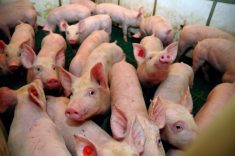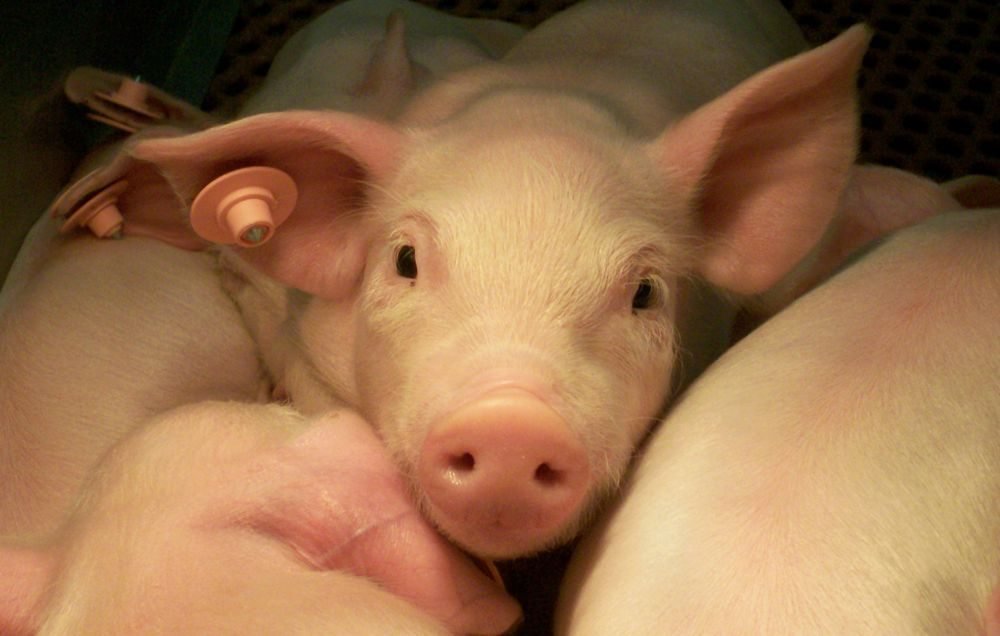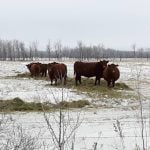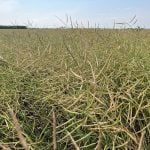CNS Canada — Canadian hog prices are feeling the effects of near record-high slaughter volumes in the U.S.
During the week ended Sept. 30, over 2.5 million hogs were processed, up three per cent from the same week a year ago and the third largest kill on record over the last 30 years.
According to Brad Marceniuk, a livestock economist with the Saskatchewan agriculture ministry in Saskatoon, that number only stands to grow.
“It will continue to increase because of the new plants in the U.S.,” he said. “Some of those plants have started and they’ve increased capacity.”
Read Also
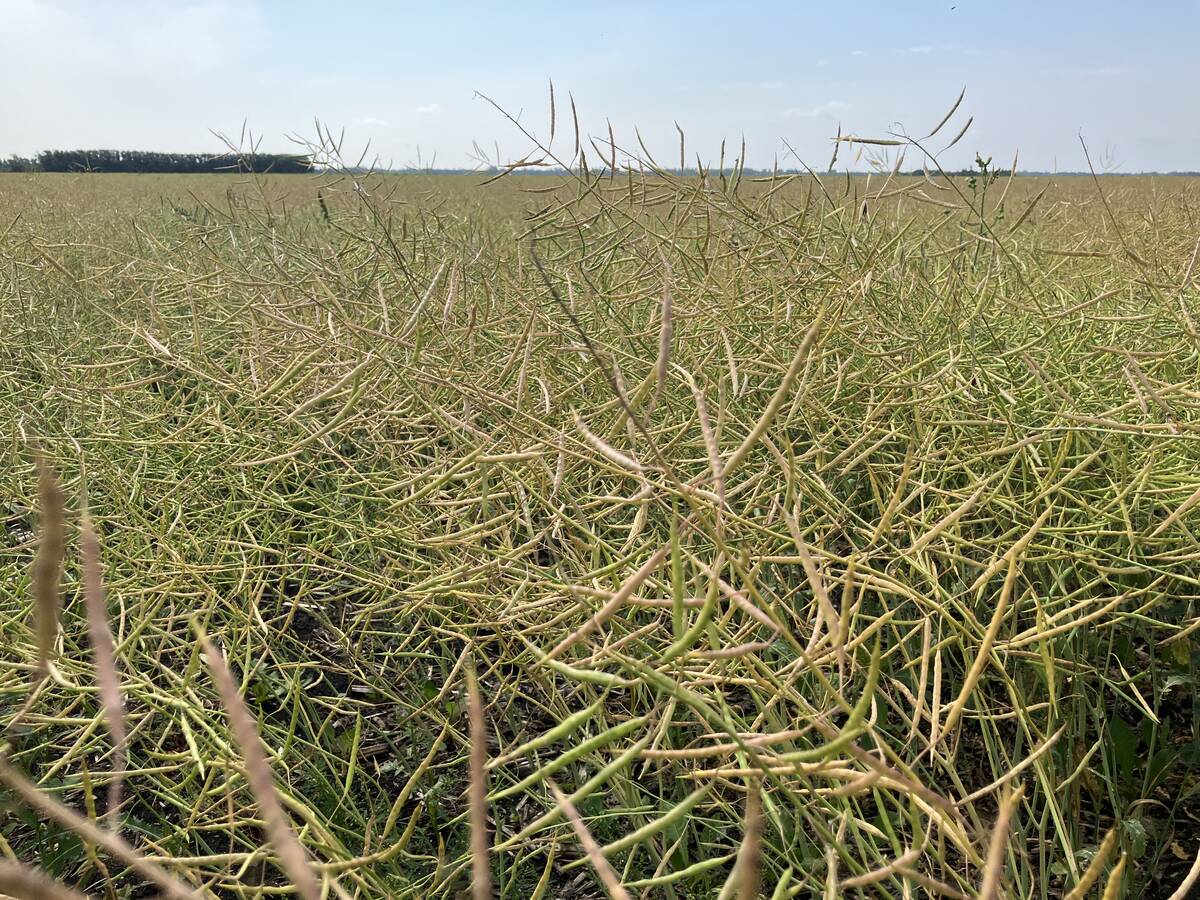
Large gap in canola ending stocks between AAFC, USDA
There’s a 760,000-tonne difference in the ending stocks for Canada’s 2025/26 canola crop respectively estimated by Agriculture and Agri-Food Canada and the United States Department of Agriculture. Aside from that, the canola data from AAFC and the USDA remain quite similar.
The two main facilities now operating are the Clemens Food Group plant at Coldwater, Michigan and the Seaboard Triumph Foods plant at Sioux City, Iowa. Together, the two can process approximately 22,000 animals per day.
“Hopefully when the plants are going full steam they will bring more competition to the market,” said Marceniuk.
Closer to home, Canadian hog prices were also lower. The Signature No. 5 (Maple Leaf) Index 100 daily price for Friday (Sept. 29) was $118.96 per 100 kg, down 3.7 per cent from the previous Friday.
According to Marceniuk, demand is also not as strong this time of year as barbecue season is over and more cattle hit the market.
“The supply has gone up and packers are not as crazy to bid,” he said.
Pork cutout values dropped over the past two months, which has been negative for hog prices. U.S. exports for September were also a bit weaker than the month before, Marceniuk noted.
Canadian provincial and federal hog slaughter numbers were pegged at 433,000 head, down nearly one per cent from the previous week.
However, despite the expansion in U.S. production capacity, it’s not likely Canada will be sending them any more hogs.
“Our plants actually need the hogs so it’s likely not that we will export more,” he said.
— Dave Sims writes for Commodity News Service Canada, a Glacier FarmMedia company specializing in grain and commodity market reporting.



